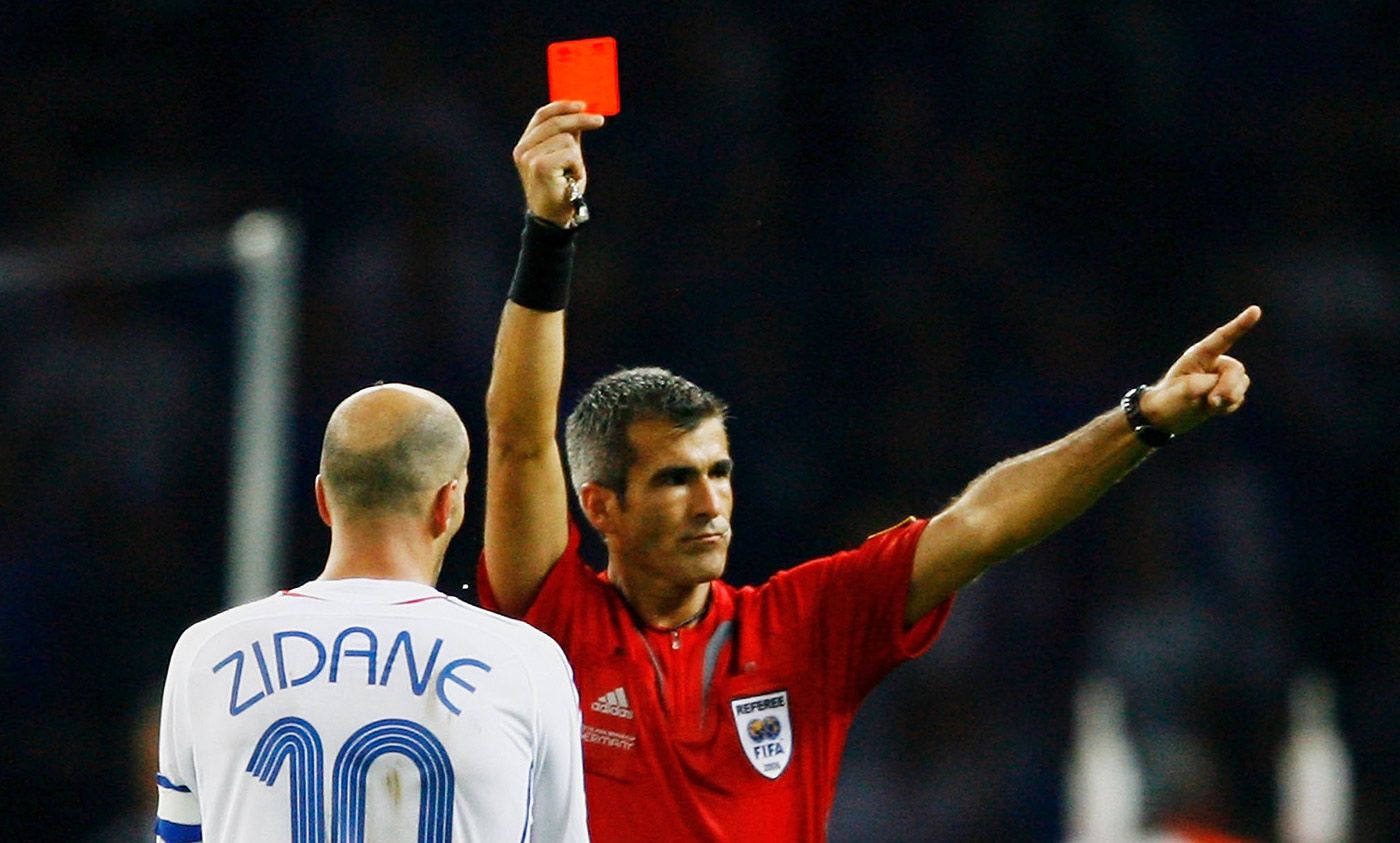de Ridder, D., Kroese, F., & van Gestel, L. (2021).
Perspectives on psychological science
Advance online publication.
https://doi.org/10.1177/1745691621995183
Abstract
Nudges are behavioral interventions to subtly steer citizens' choices toward "desirable" options. An important topic of debate concerns the legitimacy of nudging as a policy instrument, and there is a focus on issues relating to nudge transparency, the role of preexisting preferences people may have, and the premise that nudges primarily affect people when they are in "irrational" modes of thinking. Empirical insights into how these factors affect the extent to which people are susceptible to nudge influence (i.e., "nudgeable") are lacking in the debate. This article introduces the new concept of nudgeability and makes a first attempt to synthesize the evidence on when people are responsive to nudges. We find that nudge effects do not hinge on transparency or modes of thinking but that personal preferences moderate effects such that people cannot be nudged into something they do not want. We conclude that, in view of these findings, concerns about nudging legitimacy should be softened and that future research should attend to these and other conditions of nudgeability.
From the General Discussion
Finally, returning to the debates on nudging legitimacy that we addressed at the beginning of this article, it seems that concerns should be softened insofar as nudges do impose choice without respecting basic ethical requirements for good public policy. More than a decade ago, philosopher Luc Bovens (2009) formulated the following four principles for nudging to be legitimate: A nudge should allow people to act in line with their overall preferences; a nudge should not induce a change in preferences that would not hold under nonnudge conditions; a nudge should not lead to “infantilization,” such that people are no longer capable of making autonomous decisions; and a nudge should be transparent so that people have control over being in a nudge situation. With the findings from our review in mind, it seems that these legitimacy requirements are fulfilled. Nudges do allow people to act in line with their overall preferences, nudges allow for making autonomous decisions insofar as nudge effects do not depend on being in a System 1 mode of thinking, and making the nudge transparent does not compromise nudge effects.





